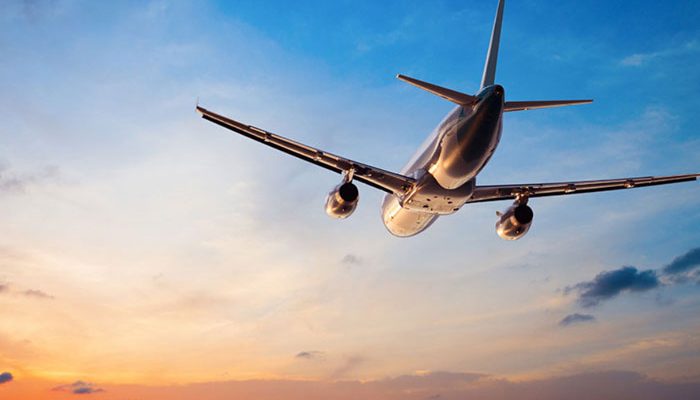Airline travel can be stressful for anyone, but for those who suffer from chronic neck and back pain, the added stress of flying can result in spine related pain flare-ups – especially on longer flights. Whether you have imminent travel plans or are just in the planning phase of getting to those “must-see” destinations on your bucket list, you can proceed with confidence in knowing that the following tips can help you minimize the chance of having to deal with neck pain or back pain following your long awaited flight…
Don’t Overpack
While it’s tempting to try and fit nearly everything you own into a couple of suitcases, don’t forget that you actually have to transport your luggage! Since lugging around oversized suitcases and heavy carry-on baggage puts you at a greater risk for straining muscles in your neck and back, it’s important to pack as lightly as possible. Also, be mindful of the fact that it doesn’t take a very heavy item to strain your spine. If you’re hesitating to lift a suitcase or bag from the luggage carousel or put it into the overhead bin, do not hesitate to ask an airline employee, flight attendant, or someone travelling with you for assistance.
Stay In Shape
In the weeks leading up to your big travel plans, you may find yourself getting busy and even a bit overwhelmed with trip preparation. Not only is it important to control stress levels, sticking to your fitness routine and proper stretching prior to travel is equally vital. After all, when you’ve been active, your back muscles will be much less likely to spasm after being forced to sit in one confining position for several hours on end.
Stay Hydrated
Since boredom and airline travel tend to go hand in hand, many travelers are good at drinking a sufficient amount of liquids during flights, but did you know that hydration should actually start BEFORE flying? It’s true – you should ensure that you start drinking more clear liquids, especially water, several days prior to your trip. Good hydration is especially important during a long flight, as air in the cabin is very dry. If you are exposed to dry air conditions while your body is already dehydrated, your spinal discs can get dried out, which will likely result in joint stiffness and pain flare-ups.
Get A Medical Note
If you suffer from spine related pain or have recently had spine surgery, be sure to get a note from your treating physician and select an airline who will accommodate you by arranging for a seat with more space. If policies are not clear online, take the time to make the necessary phone calls. While not all airlines make these types of accommodations for medical situations, some certainly do, and prioritizing these airlines can make all the difference. After all, you will want to arrive at your destination feeling your very best – not in need of medical attention or therapy!
Support Your Spine
Believe it or not, sitting is one of the positions that puts the greatest amount of stress on your spine – especially on spinal discs. To minimize the impact that the stress of sitting causes, place a thin pillow just between the lumbar region of your back (lower back) and the back of the seat. By doing this, you will be less likely to slouch during the long flight and your back will maintain a natural lumbar curve. To provide optimal support for your neck, having a neck pillow made of memory foam is a great idea, as these types of pillows will adjust to fit the unique shape of your neck.
In Flight Activity
Some travelers get on long flights and intend on staying in their seats the whole time. This is actually not such a good idea. First, getting up and walking around for a few minutes every hour will help keep your muscles active. While doing so, try and stretch as much as you can. Pull your arms overhead, and bend forwards and backwards as much as you can while standing. In doing so, you will help your body prevent both blood clots and muscle spasms.



